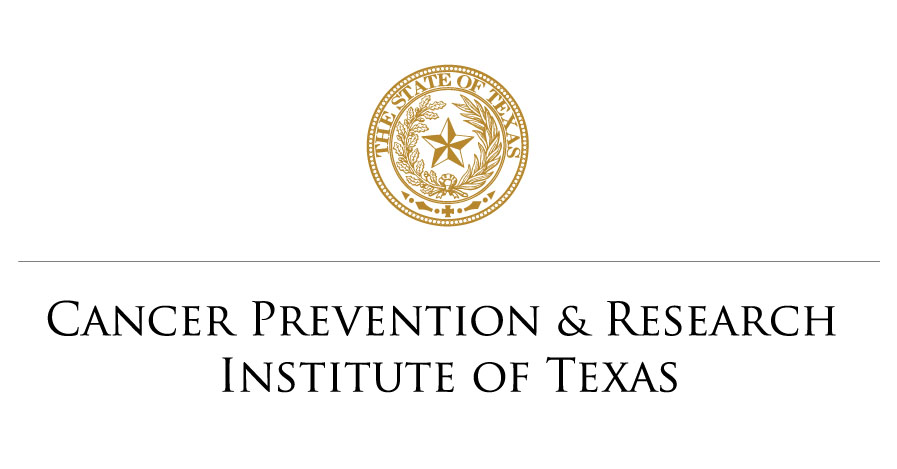Funds to Establish Cancer Center of Excellence, Purchase State-of-the-Art Instrumentation

The Cancer Prevention and Research Institute of Texas (CPRIT) on Aug. 18 awarded grants to a pair of researchers from the Texas Tech University Health Sciences Center (TTUHSC).
C. Patrick Reynolds, M.D., Ph.D., director of the TTUHSC School of Medicine Cancer Center, was named a recipient of a Texas Regional Excellence in Cancer Award. He will receive an anticipated $5,999,936 to fund a new center of excellence in cancer developmental therapeutics at TTUHSC.
In addition, William “Trey” Putnam, Ph.D., a professor of pharmacy practice and pharmaceutical sciences for the TTUHSC Jerry H. Hodge School of Pharmacy, received a Core Facility Support Award, which will provide an anticipated $2,965,226 to support the purchase of new instrumentation and support core infrastructure for the North Texas Clinical Pharmacology Cancer Core (NTCPCC).

“Our new CPRIT grant supports multiple faculty projects here in Lubbock and in the School of Pharmacy in Amarillo and Abilene,” Reynolds said. “It also supports recruiting new faculty to TTUHSC and some core resources for cancer research.”
Reynolds said the grant would provide support to different faculty researchers each year. During the first year, the grant will focus on projects related to brain tumors and breast, colon and pancreatic cancers.
Junior faculty members and their mentors who will receive first-year support include Yangzom Bhutia, D.V.M., Ph.D., Lubbock (Mentor: Vadivel Ganapathy, Ph.D., Lubbock); Nadezhda German, Ph.D., Amarillo (Mentor: Thomas Abbruscato, Ph.D., Amarillo); Chinnadurai Mani, Ph.D., Lubbock (Mentor: Komaraiah Palle, Ph.D., Lubbock); and Devin B. Lowe, Ph.D., Abilene (Mentor: Sanjay Srivastava, Ph.D., Abilene).
Reynolds, a University Distinguished Professor, also directs the South Plains Cancer Consortium and the Childhood Oncology Group Childhood Cancer Repository, powered by Alex’s Lemonade Stand Foundation. The repository, based at TTUHSC, collects, preserves and distributes validated childhood cancer cell lines to researchers around the world who are investigating childhood cancer.

Putnam said the continuing support provided by CPRIT will allow the NTCPCC to be better positioned to facilitate translational oncology research by purchasing updated and state-of-the-art mass spectrometers and supporting a team of scientists to expand the information obtained during drug development of cancer therapeutics. The new mass spectrometers will help move the NTCPCC toward its goal of maximizing the amount of information obtained from each precious clinical sample.
“The additional funding will allow for the purchase of a Sciex 7500 QTRAP, one of, if not the most sensitive quantitative mass spectrometers on the market,” Putnam explained. “This enhanced sensitivity will allow better determination of the PK, PD and metabolism of experimental cancer therapeutics.”
The grant also will allow the NTCPCC to purchase a Sciex ZenoTOF 7600 system, one of the most sensitive high-resolution Q-TOF systems commercially available that will enable NTCPCC to probe deeper into clinical samples.
“The ZenoTOF 7600 system mass spectrometer will greatly improve the capabilities of the NTCPCC,” Putnam said. “Being one of the first laboratories with this instrumentation means the NTCPCC will be able to conduct unique experiments bringing value to the clinical cancer community. Furthermore, this instrument allows clinical samples to be profiled and essentially all of the mass spectral information to be collected for later interrogation, as needed.”
